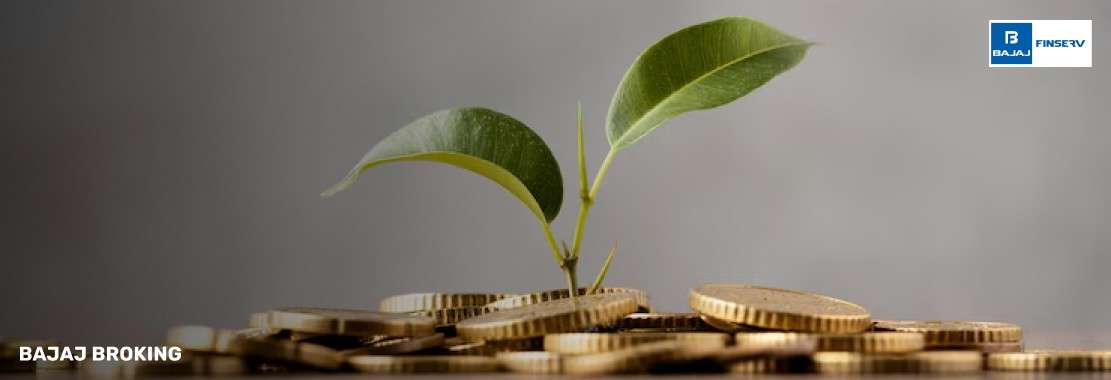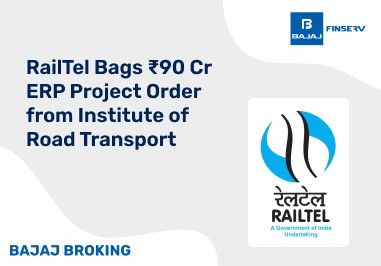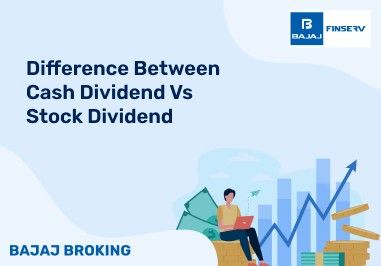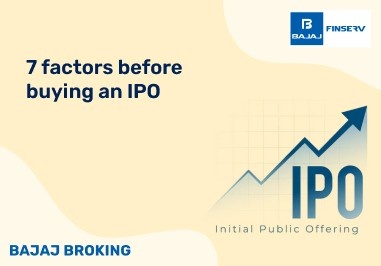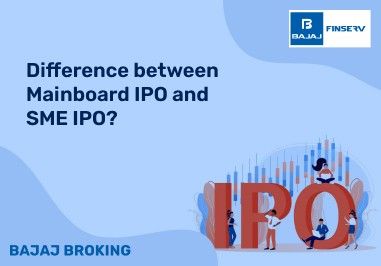As a shareholder, you are a part-owner of the company in which you own shares. When the company makes a profit, it often shares those profits with you in the form of a dividend. This is one of the main reasons many investors adopt a dividend-focused investing strategy. But did you know there are two ways companies can reward you? One is through cash dividends and the other is through stock dividends. Understanding the difference between cash dividends vs stock dividends can help you make better investment decisions. This article offers a guide on the differences between cash dividends and stock dividends.
What are Cash Dividends?
A cash dividend is the most common type of dividend. It’s a payout given to shareholders in cash. Suppose XYZ Ltd has a total of 50,000 equity shares. The company made a profit of ₹10 lakhs this year and decides to distribute the full profit as a cash dividend.
The dividend per share would be:
Dividend per share = ₹10,00,000 ÷ 50,000 = ₹20
So, every shareholder gets ₹20 for each share they own. This direct transfer of money to your account is called a cash dividend. It provides immediate income and is often favoured by investors who rely on steady returns.
What are Stock Dividends?
Unlike cash dividends, stock dividends involve giving extra shares instead of cash. Let’s say XYZ Ltd again has 50,000 equity shares. The company isn’t in a position to pay out cash but still wants to reward its shareholders. So it announces a 10% stock dividend.
This means the company will issue an additional 5,000 shares (10% of 50,000) to existing shareholders. If you own 10 shares, you’ll now receive 1 more share for free. These new shares are yours to keep or sell in the market. Stock dividends are useful when companies want to retain cash but still keep shareholders happy.
Key Differences Between Cash and Stock Dividends
Now that you know how both types of dividends work, let’s explore the key areas where they differ.
Impact on Shareholder Wealth
With cash dividends, you receive money right away. It increases your liquid wealth. However, the company’s overall value may decrease slightly since it’s paying out cash. In contrast, stock dividends don’t change the total value of your investment immediately. You own more shares, but each share’s value adjusts accordingly.
Tax Implications
Cash dividends are usually taxed in your hands when you receive them. They are treated as income, and you may have to pay tax based on your tax slab. On the other hand, stock dividends are not taxed immediately. You pay taxes only when you sell the new shares and earn capital gains.
Effect on Company’s Cash Reserves
A company paying cash dividends reduces its available cash. This could limit funds available for growth or expansion. But with stock dividends, the company keeps its cash intact. That’s why companies with cash flow constraints often prefer issuing stock dividends.
Share Price Considerations
After a cash dividend, share prices may drop by the amount of the dividend paid. For example, if the share was trading at ₹500 and a ₹20 dividend is paid, the price might fall to ₹480. In the case of stock dividends, the price adjusts due to the increase in share count. The total value remains largely the same.
Conclusion
When comparing cash dividends vs stock dividends, both offer benefits depending on your investment style. If you prefer regular income, cash dividends suit you better. They’re simple, direct, and predictable. However, if you’re focused on long-term growth and don’t need immediate cash, stock dividends can be valuable. They allow your investment to grow without reducing the company’s cash reserves.
There’s no one-size-fits-all answer. Your financial goals and risk tolerance should guide your choice. A solid dividend strategy often balances both types depending on the company and the market cycle.
